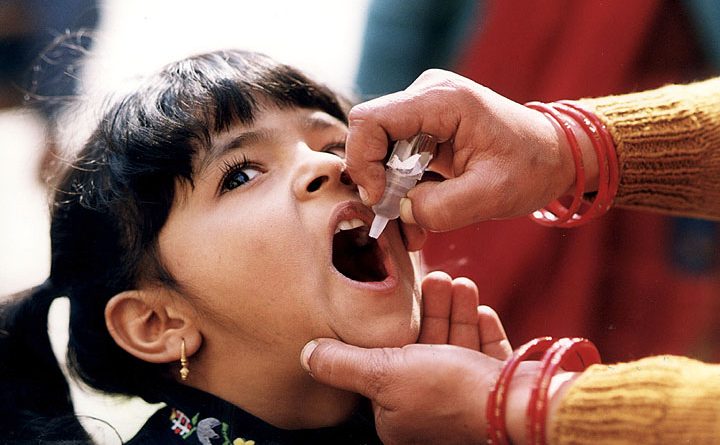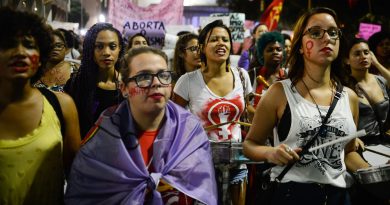Focus on the “Anti-Vax” Movement: Australia
Kaitlin Principato
Staff Writer
As a growing number of measles, mumps, and rubella (MMR) cases break out across the United States and sections of Europe, the anti-vaccination, or ‘anti-vax,’ movement is becoming increasingly popular in the news. Since this issue ranges across a variety of cities around the world, the debate and concern surrounding it has caught the attention of the global health community. The debate around vaccination ultimately comes down the issue of bodily autonomy and personal liberties versus societal wellbeing.
Australia has been dedicated to understanding the anti-vaccination movement as well as implementing government legislation to impose penalties on anti-vaxxers. According to PRI’s The World, a new plan called “No Jab, No Pay” allows the government to refuse welfare benefits to individuals who do not have the proper vaccinations.
PRI also found that approximately 40,000 Australian children under the age of seven are not vaccinated due to parental refusal. In the last 10 years, the number of parents refusing to vaccinate children has nearly doubled. Experts told PRI that unvaccinated children a risk to public health, especially because of their exposure to schools and other highly-populated environments.
Unlike the United States, in the Australian state of Queensland, individuals 15 years and older are allowed to receive medical treatment without parental consent. According to The Daily Beast, the immunization rate in the region is a mere 88.93 percent, dramatically lower than Australian health officials’ desired national rate of 95 percent.
Some unvaccinated children are taking advantage of the autonomy this Queensland law provides in order to get vaccinations against their parent’s wishes. The Daily Beast reports that an Australian teen took measures into his own hands when his parents refused to get him the proper vaccinations for potentially fatal infections.
Scientists in Australia have made a profound effort to understand the anti-vaccination belief in order to address the growing concern. The University of Southern Australia found that most diseases require a vaccination rate between 93 and 96 percent in order to prevent an outbreak. Anti-vaxxer parents believe the measles, mumps, and rubella (MMR) vaccine is linked to health disorders such as autism, which has been widely debunked by scientists.
In a study at the University of Southern Australia, experts found two prominent reasons why parents choose not to vaccinate that differ from common perceptions. The first is the lack of trust families have of the government and its institutions. Secondly, scientists believe some parents have not had the experience of a child getting ill or dying from a preventable disease, so they do not fully understand the importance of vaccinations.
Social media plays a key role for groups on both sides of the vaccination debate. According to ABC, Facebook currently accepts paid advertisements by vaccination skeptic groups such as the Australian Vaccination Risks Network. Meanwhile, pro-vaccination groups have taken action on social media against anti-vaxxers with the help of Australian volunteers.
Simon, a West Australian early childhood educator who did not give his last name for fear of retaliation from anti-vax groups, spoke with ABC about his work making anti-vaxxer memes for Facebook and promoting pro-vaccine images. “We want people to find the very idea of being or becoming anti-vax laughable, something that no reasonable person would ever want to be perceived as being,” Simon said. Simon further told ABC that his goal is not to convince settled members of the anti-vax community but to marginalize them.
Other social media platforms that have taken proactive measures in fighting the anti-vaccination movement. YouTube took action by removing advertisements from anti-vaccination videos. Additionally, Pinterest blocked certain search terms that relate to anti-vaccination.
Dr. Naomi Smith expressed her concern with social media censorship to ABC, saying, “…people who are hesitant about vaccines often hold other conspiratorial beliefs. Banning conversations about the issue is likely to feed fears of censorship.” She believes it is important to have outlets where people discuss vaccinations and have their fears addressed. She questions if having oxygen removed from this movement through the influence of social media is the best solution.
Dr. Smith concludes that, “All these authority figures come together in some people’s minds: medicine, the government, media. If all of those people are working together to silence this side of things, that’s not going to convince them that vaccines are perfectly safe.”




